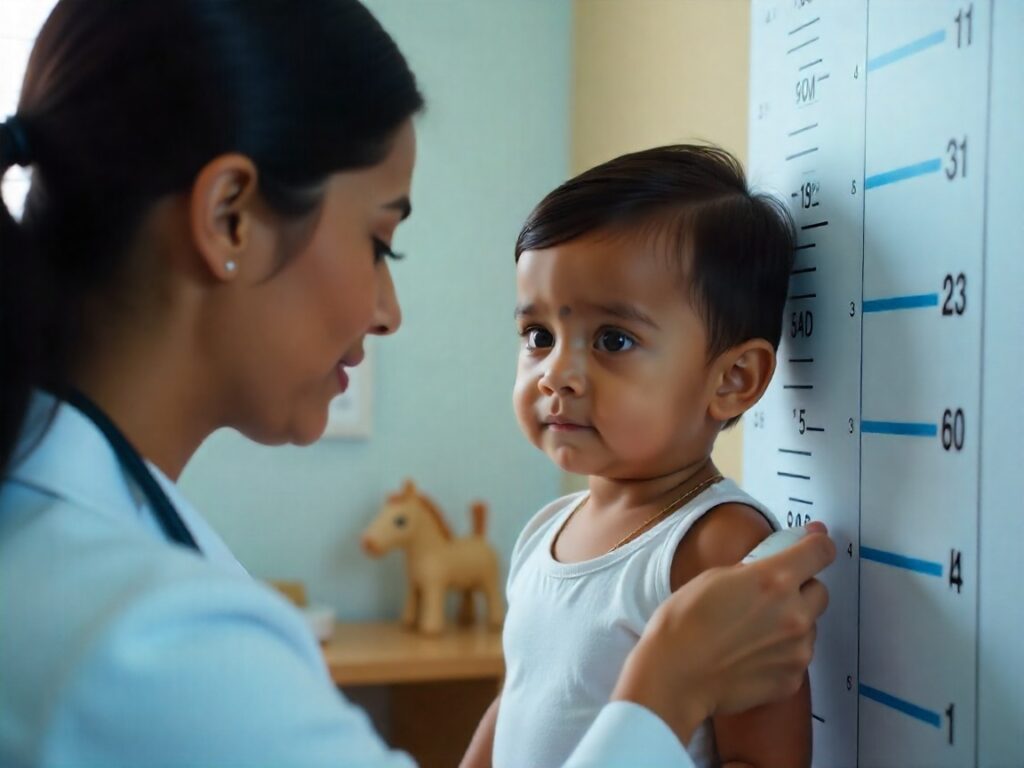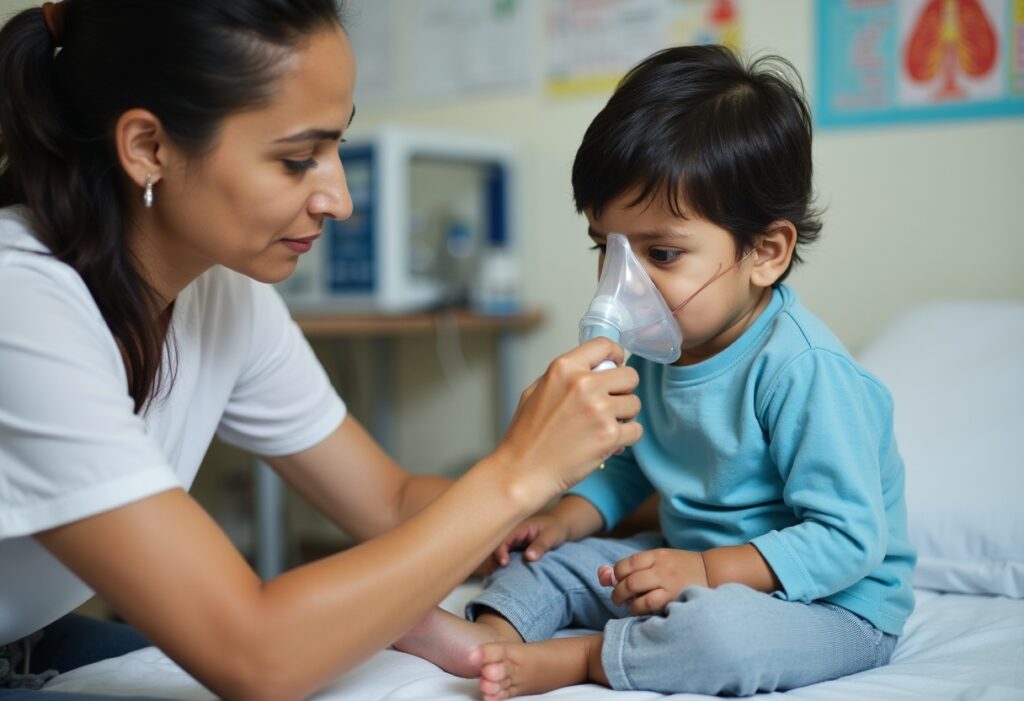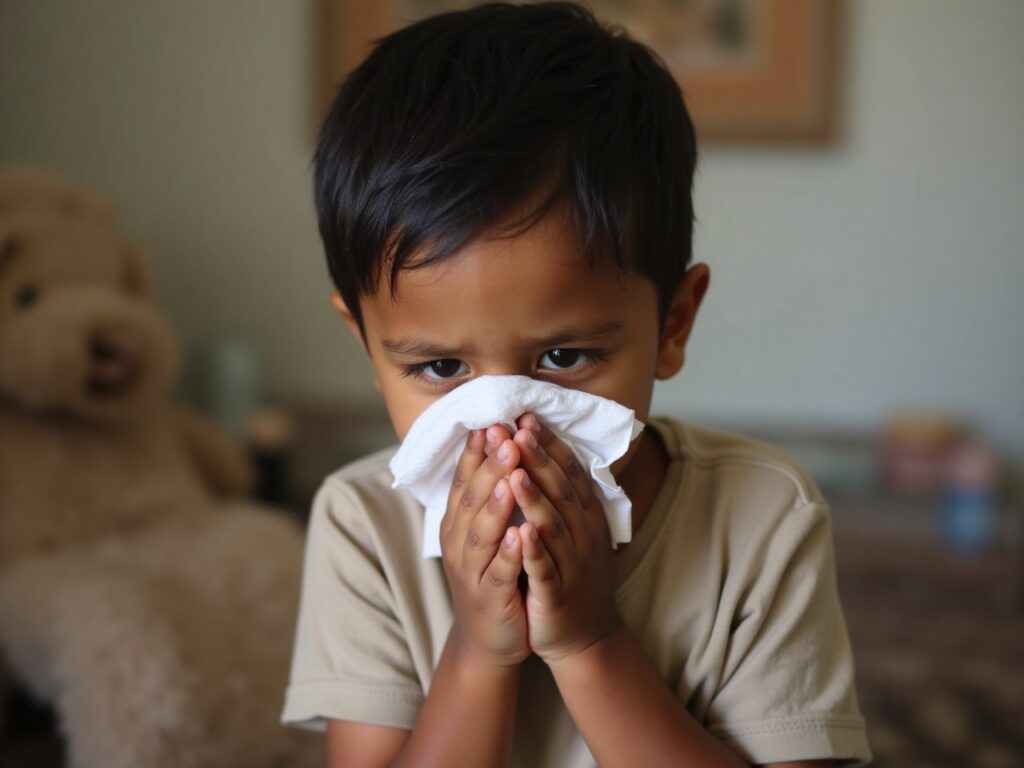
Major Dental Issues Affecting Children with Special Needs | Pediatric Dentist in Bangalore
Oral health is a vital part of every child’s overall well-being. However, for children with special needs, maintaining good dental health can be challenging. Factors like physical limitations, behavioral concerns, neurological disorders, and developmental delays make them more vulnerable to dental problems.
At Shishuka Children’s Hospital, one of the best child hospitals in Bangalore, our team of pediatricians and pediatric dentists work together to provide specialized dental care tailored for children with conditions such as Autism Spectrum Disorder (ASD), Down Syndrome, Cerebral Palsy, ADHD, and genetic disorders. Parents searching for a pediatric dentist near me in Bangalore can rely on our compassionate, multidisciplinary approach.
Understanding Special Needs in the Context of Dental Issue
Children with special needs, such as those with Autism Spectrum Disorder (ASD), Down Syndrome, Cerebral Palsy, ADHD, intellectual disabilities, or genetic conditions, often face unique dental health challenges. For example, a child with cerebral palsy may struggle with muscle control, making brushing difficult, while a child with autism may resist oral care routines due to sensory sensitivities.
Other common difficulties include dietary restrictions, limited access to pediatric dental care, challenges in maintaining oral hygiene, and side effects of long-term medications. Because these issues can overlap with medical concerns like mouth breathing or sleep-disordered breathing, pediatric specialists often collaborate with pediatric dentists in Bangalore to provide comprehensive care tailored to each child’s needs.
1. Dental Caries (Tooth Decay)
Why It’s a Major Concern
Dental caries, or tooth decay, is one of the most common dental problems among children with special needs. The reasons are multifactorial, including frequent snacking or sugar-laden diets, medications with high sugar content, difficulty brushing and flossing effectively, and dry mouth caused by medications or neurological conditions. Children with limited manual dexterity or neurological impairments may be unable to brush or floss effectively. Parents may also face resistance or behavioral challenges when trying to assist.
Signs and Symptoms
Tooth sensitivity to hot/cold
Visible holes or pits
Tooth discoloration
Bad breath or pain while eating
Prevention and Management
Use fluoride toothpaste and professional fluoride treatments
Reduce sugary snacks; replace with cheese, yogurt, or fruits
Regular visits to a pediatric dentist near you who is experienced in special needs care
Adaptive tools like electric toothbrushes and floss holders
2. Malocclusion (Misaligned Teeth)
What Is Malocclusion?
Malocclusion refers to misalignment of teeth or jaws, such as overbites, underbites, crowding, or spacing issues. While common in the general population, it’s even more prevalent in children with special needs due to developmental, genetic, or habitual factors such as thumb sucking, tongue thrusting, delayed tooth eruption, or craniofacial syndromes like Down syndrome.
Why It Matters
Difficulty in cleaning teeth → higher risk of decay
Chewing and speaking problems
Jaw pain and low self-esteem
Management and Treatment
Children with special needs should ideally have an orthodontic evaluation by age 7. Treatment options may include custom orthodontic appliances such as braces or spacers adapted for sensory sensitivities, oral myofunctional therapy to improve facial muscle coordination, and in severe cases, surgical interventions for jaw realignment. A good pediatrician in Bangalore may work in collaboration with orthodontists, speech therapists, and occupational therapists to ensure holistic care.
3. Mouth Breathing
What Is It?
Mouth breathing occurs when a child habitually breathes through the mouth instead of the nose. Though it may seem harmless, chronic mouth breathing can have long-term dental and developmental consequences
Why It Happens in Special Needs Children
Causes may include enlarged adenoids or tonsils, nasal obstructions, neuromuscular conditions such as cerebral palsy, habitual behaviors in children with autism, or craniofacial abnormalities.
Dental Implications and Signs
Mouth breathing can lead to dry mouth (reducing saliva and increasing decay risk), gum inflammation, and facial growth changes, as well as malocclusion. Children may show cracked lips, bad breath, snoring, noisy breathing, or fatigue during the day.
Treatment Plan
Treatment may involve ENT evaluation to check for nasal blockages or sleep apnea, orthodontic devices such as palatal expanders, and behavioral therapy when caused by habits. Ensuring hydration and strong oral hygiene practices also helps. Children with chronic mouth breathing may also require input from a pediatric pulmonologist near me if conditions like asthma or sleep apnea coexist, with additional support from asthma attack medicine or the best medicine for asthma cough.
4. Gum Diseases (Gingivitis and Periodontitis)
Why it’s Concerning
Children with special needs often have limited motor skills, making brushing difficult. Certain medications also increase gum swelling.
Symptoms and Causes
Contributing factors include limited motor skills that make brushing difficult, medications like anticonvulsants that cause gum overgrowth, and crowded teeth. Symptoms include:
Red, swollen, or bleeding gums
Bad breath
Loose teeth in severe cases
Prevention and Care
Care should focus on gentle brushing with soft brushes, flossing aids or water flossers, antiseptic rinses when age-appropriate, and regular dental cleanings. Pediatric dentists may also advise on alternatives to medications that worsen gum overgrowth.
Tips for Parents and Caregivers
Maintain a daily oral care routine with timers and visual aids
Use adaptive tools like special-grip toothbrushes
Positive reinforcement for cooperation
Regular checkups with pediatric dentists trained in special needs dental care
Collaborate with pediatricians, occupational therapists, and behavioral therapists
Parents should seek pediatric dentists experienced in special needs care, occupational therapists for motor skill improvement, and behavioral therapists for desensitization. Partnering with the best pediatricians near you or a good pediatrician near me also ensures dental care aligns with overall child health.
Related Post




















Book a Pediatric Dental Appointment with Shishuka
Book an appointment with our pediatric dental experts in Bangalore today to ensure your child with special needs receives compassionate, expert care
Book Appointment NowContact us
